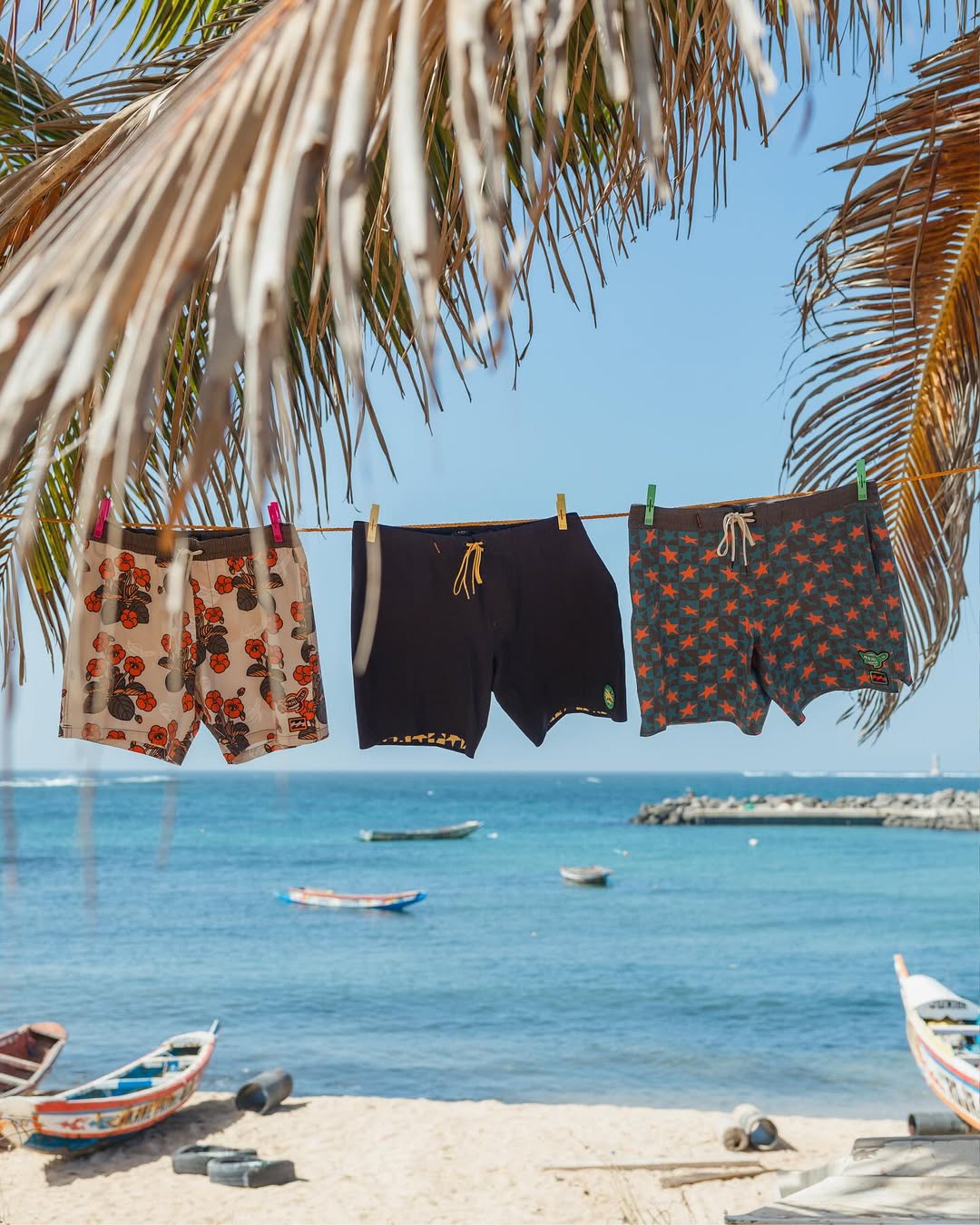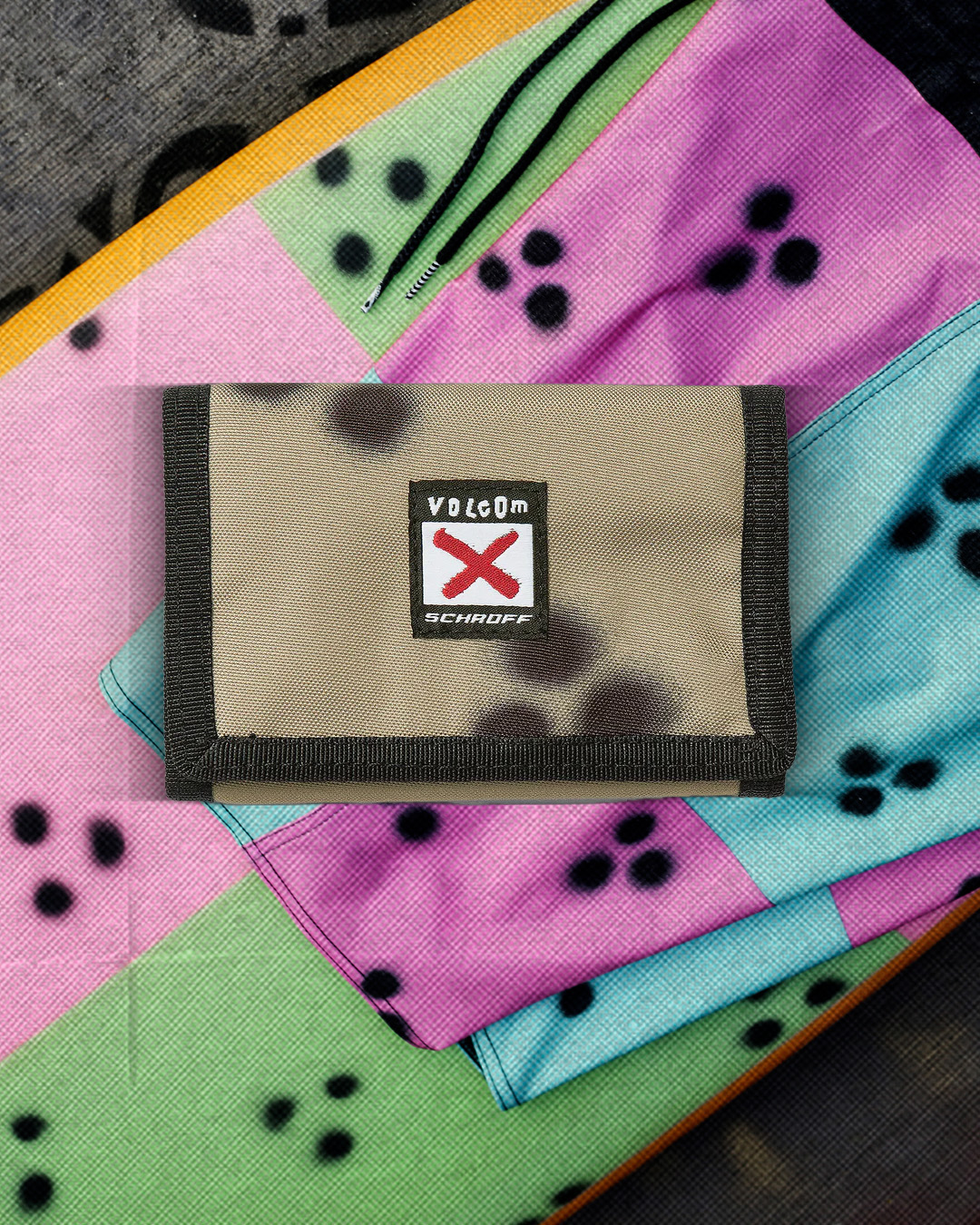More than 120 stores close in the United States after the financial crisis; several of these brands also ceased operations in Colombia.

After nearly sixty years of global operations, Quiksilver, Billabong, and Volcom will cease physical operations in the United States and most Western countries following the bankruptcy of their parent company, Liberated Brands.
According to 'Red + Noticias', the decision was announced by Authentic Brands Group—the owner of the licenses—and involves the closure of 124 stores in the United States.
This represents the collapse of one of the most recognized chains in the youth and sportswear sector. A limited number of stores will continue to operate in Canada.

Quiksilver and Billabong have had a presence in shopping centers like Gran Estacion for years. Photo: Instagram: @billabongcolombia.oficial
Liberated Brands announced that it will close all 124 Quiksilver, Billabong, and Volcom brick-and-mortar stores in the United States this year, effectively ending its direct retail presence in the country.
In Colombia, Quiksilver and Billabong have had a presence for years in shopping centers such as Gran Estacion, Unicentro, and Atlantis Plaza in Bogotá, and in commercial areas of El Poblado in Medellín.
Although official stores no longer operate in Colombia, some Quiksilver, Volcom, and Billabong products are still available through importers.
The final departure of these brands represents the closing of a chapter in the recent history of sportswear and accessories retailing in the country.

Quiksilver, Billabong, and Volcom will cease physical operations in the United States. Photo: Instagram: @volcomlatam_
According to Todd Hymel, CEO of Liberated Brands, the company failed to adapt to the rise of online commerce and changes in consumer behavior.
“ Consumers can cheaply, quickly, and easily order low-quality clothing from major fast-fashion chains and receive it within days ,” Hymel said in the statement cited by Red+ Noticias.
The executive also noted that macroeconomic factors such as inflation, global volatility, and the rising cost of living influenced the decision. Despite efforts to revitalize the brands, the pressure of the economic environment proved unsustainable.
*This content was written with the assistance of artificial intelligence, based on publicly available information released to media outlets. It was also reviewed by a journalist and an editor.
More newseltiempo





